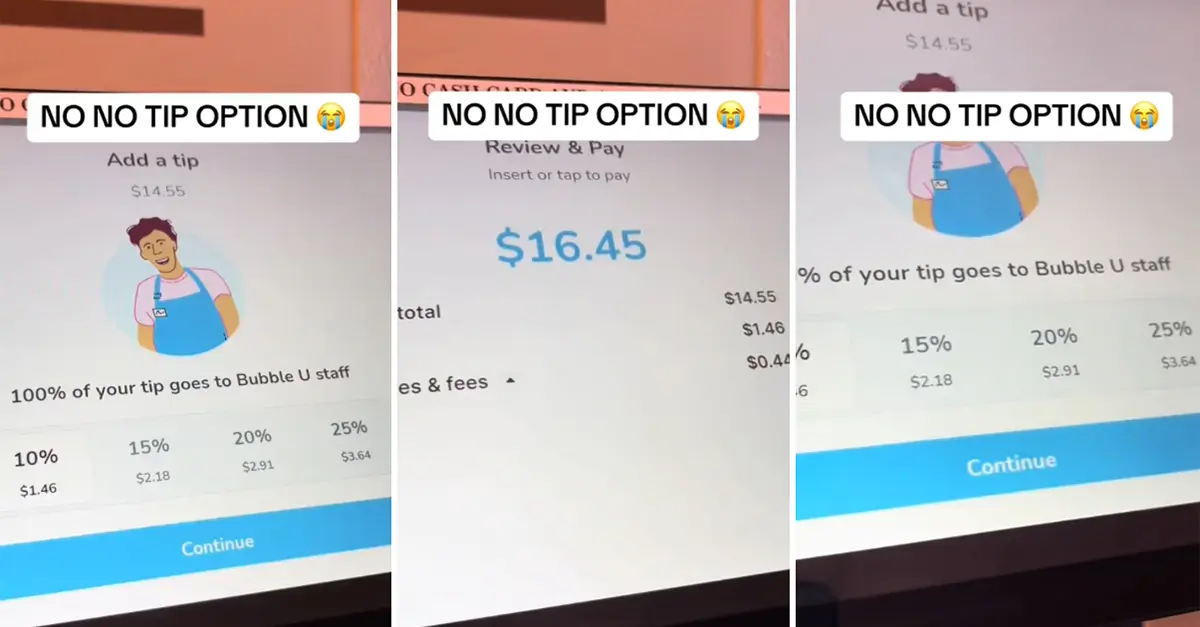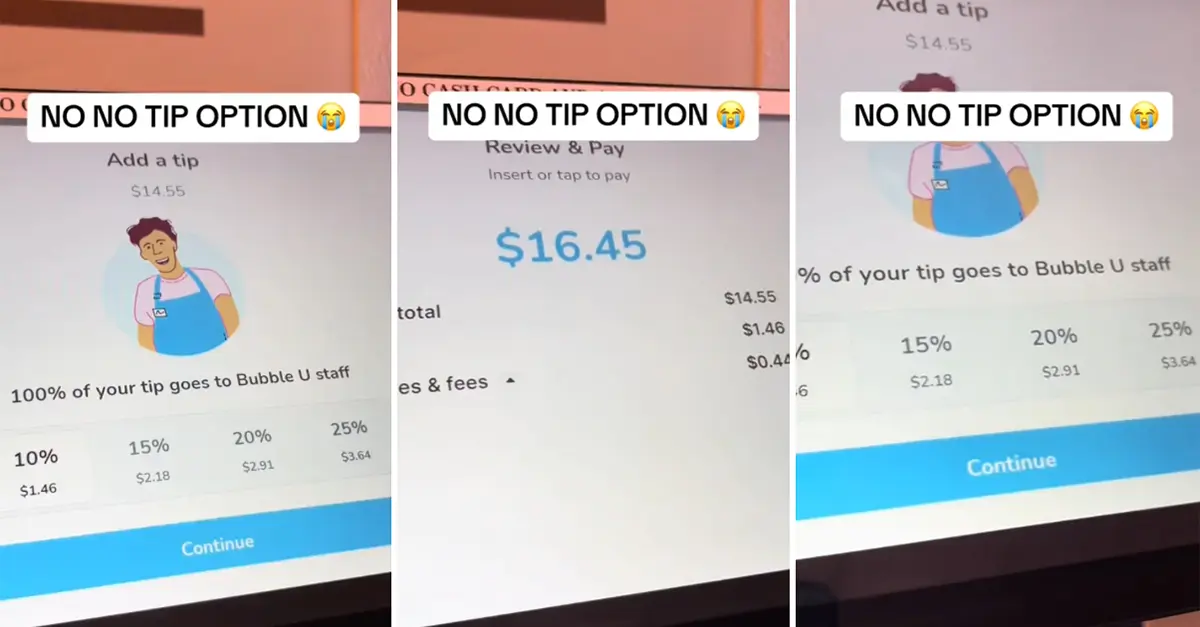
Tipping culture, something many people are extremely familiar with, can be seen as far back as the Middle Ages.
Although tipping culture has always been a thing since anyone can remember, it and its rise started taking off in America after the Civil War. Newly freed African Americans were given work opportunities, but never paid as a way to be held inferior to other workers in the service industry, having to rely solely on the gratuity of a customer, as written about in the article “The Racist History Behind America’s Tipping Culture.”
When speaking of tipping culture today, many different sides, whether it be consumers, service industry workers, or just overall businesses, have many different opinions on what it is, why it happens, and what the issue is.
More recently, people all over the US have brought up what they believe is a toxic tipping culture, and many people who work in the service industry themselves respond with opposing thoughts in mind.
When asked how she felt about said tipping culture, and its rising attention to it, business owner and manager of Cactus Mexican Grill, Diria Villanueva stated, “Tips are an extremely important part of what service workers do here. Though I also do understand the customer’s perspective as you may never understand what kind of situation someone may be going through.”
In the food industry, there is tons of discourse discussing the amount of money in tips a customer leaves, and how to food industry workers it may be extremely infuriating as the majority of the time, those tips make up their salary/income. But from the other side of the argument, what Villanueva says, stands.
Many people do not know the situation a party can be in, whether their visit to the restaurant has been saved up for, or if they have enough to be able to tip at all.
On one side, having enough to tip someone for their work is not supposed to be a requirement in a restaurant, or generally any food place. On the other hand, many customers who are capable of tipping just don’t want to, creating reactions along with tensions among food industry workers.
Something many people argue about and ask themselves specifically when it comes to tipping is, “Why would I tip someone when they didn’t bring me my drink and I had to walk over to the counter?”
For example, when people walk into a cafe, many do not feel the necessity to tip employees as customers are the ones who often have to get the product themselves. However, what gets people riled up is the amount of money a tip ranges from when asked, especially on those little screens presented to people when it is time to pay.
Around Malden High School, there are countless bubble tea shops, varying from Kung Fu Tea, Tsoacaa, Gong Cha, More Than Coffee, and more. These shops sell drinks ranging from $4-7, already being pricey as is, then adding what may be to many people, “absurd” tipping amounts by presenting them on a small screen, raising the total to $14-15.

With that, another question is brought up: Why should customers feel shame when it comes to not tipping?
“I’m so used to seeing absurd tipping amounts on that little screen, I slam that ‘No Tip’ button with no shame,” one local customer of a Bubble Tea shop says.
In the recent past, tipping would be an option for many people to reward good service. Now, another form of tipping, “gratuity fees” is used to disguise what would be a tip. Many people are struck with the shock that many places now add these to the total, without notifying customers. Though it is not notified to customers, it is completely legal for food places to do this. This causes a great amount of shock and pure rage amongst consumers.
But also from its history, many food industry service workers have to deal with racism on the job.
With that being said, just like the act of being blatantly racist to someone, upon seeing someone and how they look, people are perceived differently according to each person. Not only that but also feeling the need to say something or act in an unnecessary way.
“One time, my co-worker had been serving this one couple, saying they had been ‘amazing’. That was in the beginning. Because it had gotten busier and I had just clocked in, I took the load off of her and took the table for her. When I walked up to the table, everyone just gave me this nasty stare. I was confused, but for the rest of the night they just acted so rude, so I had known what the motive was,” one former waitress from the Greater Boston area said.
The majority of customers who comment on tipping amounts when attending food places, never have worked in the food industry, especially as a waitress or waiter. The reason they do not understand also comes from a lack of understanding why tips are there in the first place as an option.
Nonetheless, whether it be people not being paid enough to make their living page, unable people, capable people, or just the overall treatment on both sides, as far as the food industry knows it, tipping culture will remain an option, liked or not.







